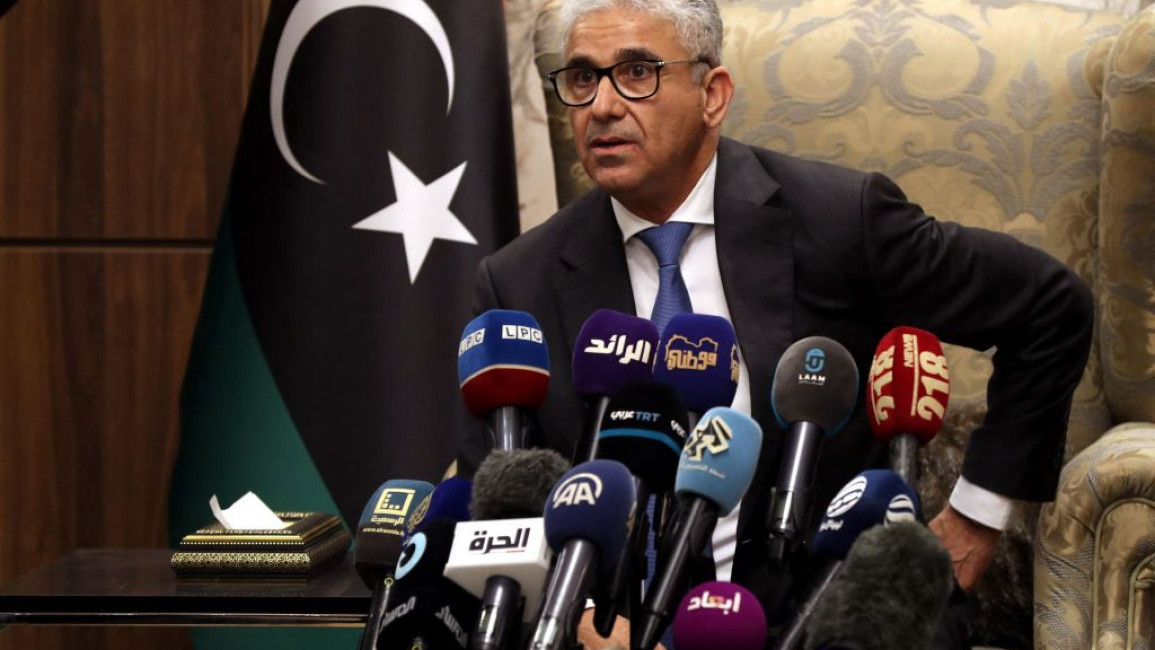Libya's rival cabinet holds first meeting away from capital
One of Libya’s rival administrations convened for the first time on Thursday in the southern province of Sabha, vowing to end deepening political divisions.
The meeting, far from the capital Tripoli, was the latest sign that Libya remains mired in divisions, months after a UN-supported election that was supposed to unify the country in December failed to materialise.
In recent months, the oil-rich country has become once again split between two administrations, one in Tripoli led by Prime Minister Abdul Hamid Dbeibah and another by Fathi Bashagha, a former interior minister who was elected premier by the east-based parliament in February.
In a televised session, Bashagha sat down with his ministers.
"The era of corruption, chaos and despotism is gone. Today marks the beginning of a new national era where all Libyans will unite to achieve reform, reconstruction and justice," said Bashagha in his opening statement.
In February, the east-based House of Representatives elected Bashagha to lead a new interim government. The lawmakers there claimed the mandate of interim Prime Minister Dbeibah, who is based in Tripoli, expired after the election failed to take place as planned in December.
Dbeibah, however, stood defiant against efforts to replace his government. He said he will hand over power only to an elected government.
Bashagha’s cabinet met in Sabha, more than 400 miles away from the capital Tripoli.
In the meeting, Bashagha’s cabinet outlined other objectives and policies including the protection of the country’s southern borders and oil facilities.
Since his appointment, Bashagha has been unable to seat his government in the capital, which remains under the control of Dbeibah and allied armed groups. Bashagha had repeatedly said that he would not enter Tripoli by force.
With the two leaders sticking to their positions, tensions have risen, and heavily armed militias mobilised in the western region, including the capital.
The developments have raised fears that fighting could return to Libya after a period of relative calm since warring parties signed a UN-brokered cease-fire late in 2020.
The North African country has been wrecked by conflict since the NATO-backed uprising toppled and killed longtime dictator Muammar Gaddafi in 2011.



